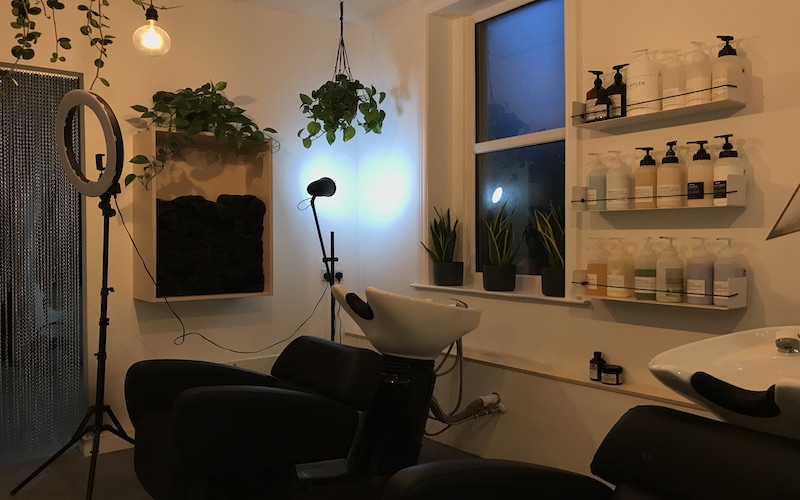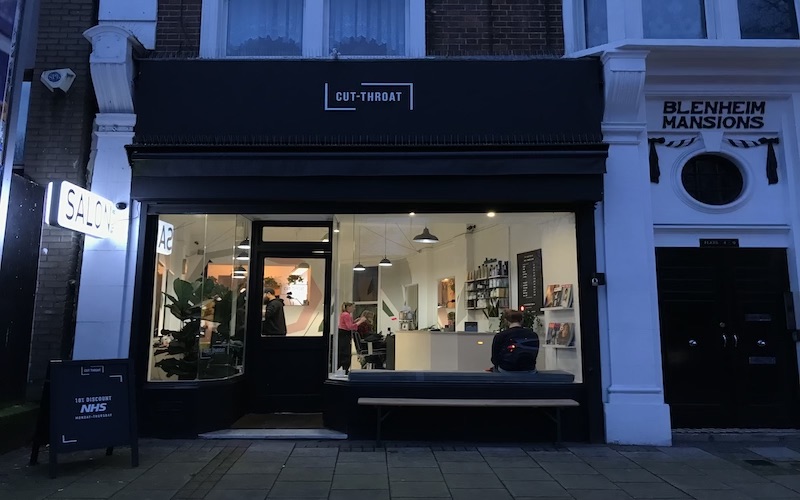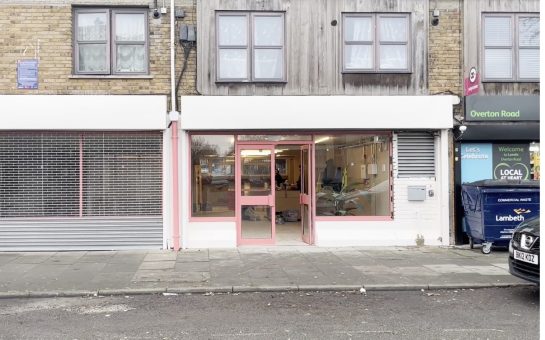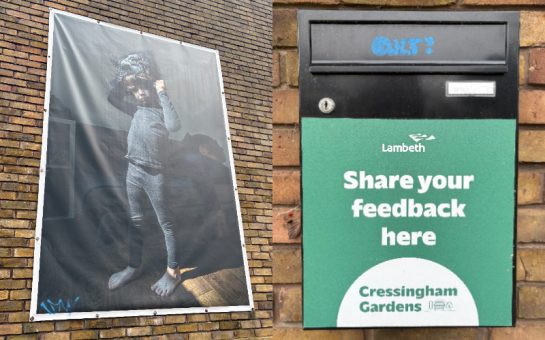By Emily Garbutt
January 17 2020, 18.50
Follow @SW_Londoner
A woman was refused service in two London barbers this month and she’s not the only person with this experience.
When actor Georgia Frost sought out a haircut before a performance at the Lyric Hammersmith she was turned away, despite only asking for a traditional short back and sides haircut.
The Equalities Act 2010 says that service providers should not discriminate based on gender, but unisex barbers are a rarity in the UK.
This means women with short hair will often pay much higher prices for a haircut than a man with the same length hair.
Michaela, 23, said: “I went to a barbers once to ask about buzzing my hair as there was a big sign outside, but they said no because of me being female.”
Delphi, 21, also said they had been turned away from barber shops a few times.
Even when salons provide a gender neutral service, there is often a price discrepancy between what’s on offer for men and women.
Sophie, 23, said: “I got my hair cut shorter last year and a couple of weeks ago visited my old hairdressers in my hometown.
“I was charged the same as I used to pay with a bob, shoulder-length hair and even hair down my back, which would take so much longer to cut.
“In contrast, my male partner goes to wherever he can get his hair cut for less than £10.”
But gender neutral salons are gaining popularity, one of which is Cut-Throat in Brixton.
Owner Anthony Shoring said: “We didn’t really ever shout about what we did when we started.”
Anthony isn’t a hairdresser and Cut-Throat was borne out of personal experience.

He said: “Me and my sister had the same haircut, when every bloke had the Peaky Blinders haircut.
“Our haircuts took the same amount of time, but there was an enormous price difference.”
He added: “I was really cross at the industry as a punter. I thought it was really unfair.”
He doesn’t understand why a barber would refuse to cut a woman’s hair: “It’s really backwards thinking, really traditional.”
Anthony explained that although Cut-Throat could be considered quite expensive for a barber, the prices are relatively cheap for a London salon.
“Barbers are underpaid. We wanted to elevate barbering.”
Charges are based on the time needed for an appointment and the length of the customer’s hair, rather than their gender.
He said: “It’s a level playing field for the trade and the customer.”
He told me despite the masculine name, the gender split of their clientele is roughly 50/50: “Our target was to open the doors to everyone.
“I’ve never really felt comfortable going to barber shops. I’ve always been a salon man.”
He told me he thinks barber shops nowadays are the rebirth of lad culture under the guise of the modern man: “They’re egocentric,” he said.

Jonny Day has been a hairdresser for ten years and has worked at Cut-Throat since it opened four years ago.
He doesn’t prefer barbering over hairdressing, or vice versa: “I wouldn’t want to do the same thing all day,” he said.
He added that there’s always been more pressure on hairdressers to be able to barber, but barbers don’t usually experience the same demand to widen their skillset.
As well as rethinking its attitude to gender, he also suggested that the hairdressing industry should make some changes regarding race.
He thinks the merging of Caucasian and Afro haircuts into one type of salon is imminent and necessary.
Jonny explained that at the moment, hairdressers will usually only learn how to cut one hair type or the other during their training.
He added: “In most Caucasian salons, there’ll only be one person who knows how to cut Afro hair.
“So they’ll do it, but there will only be limited availability and it’ll cost more.
“Something interesting will happen in the next ten years or so. Once one person does it, everyone will.”
Featured image: pixabay.com




